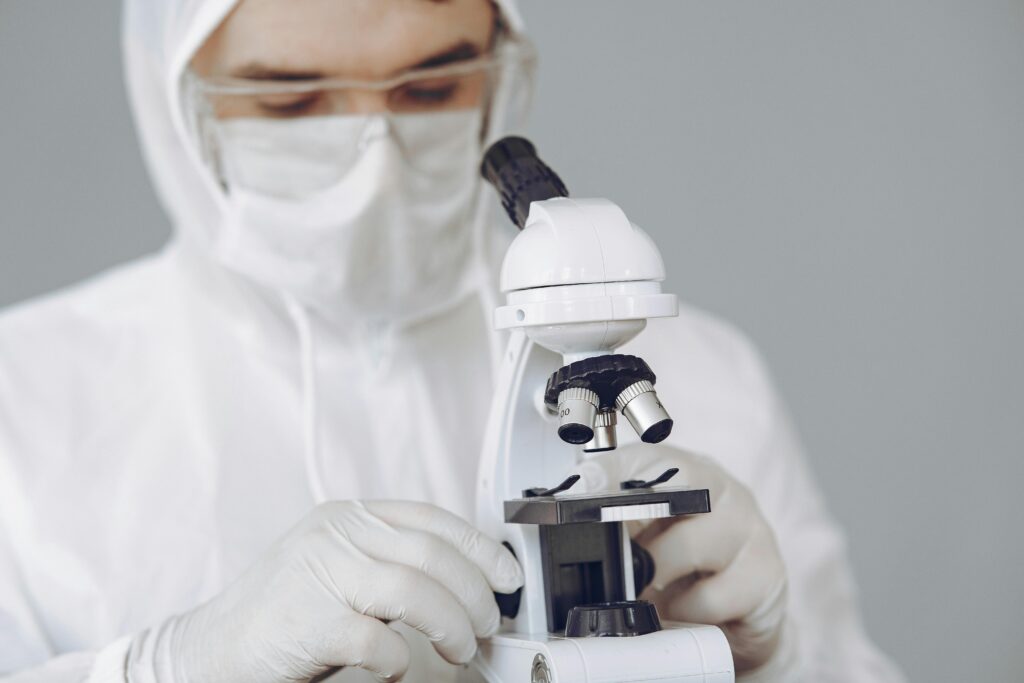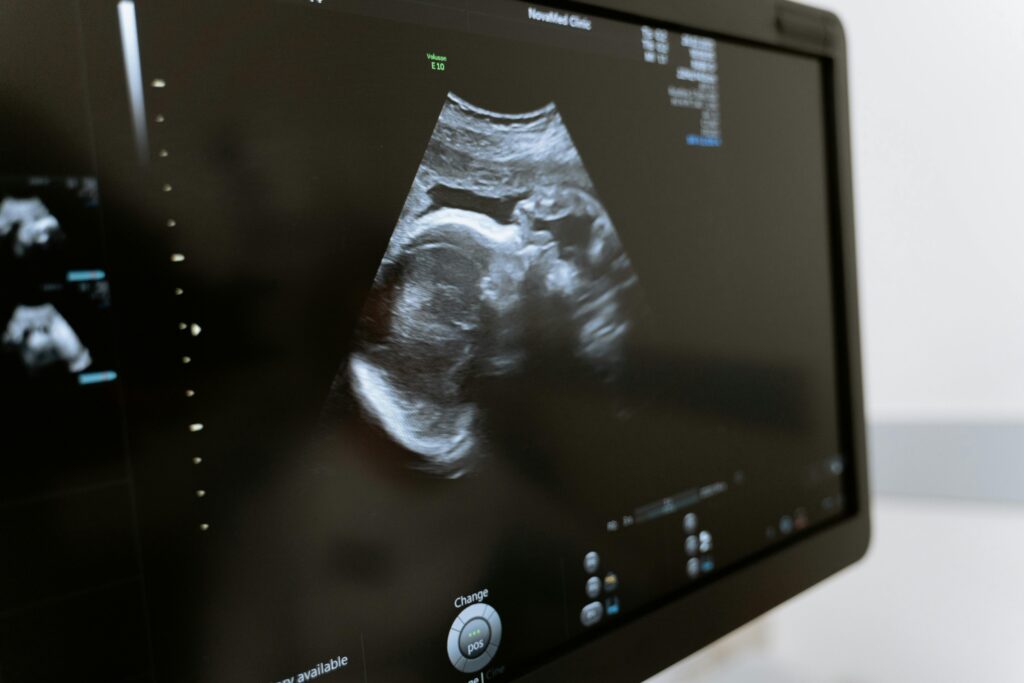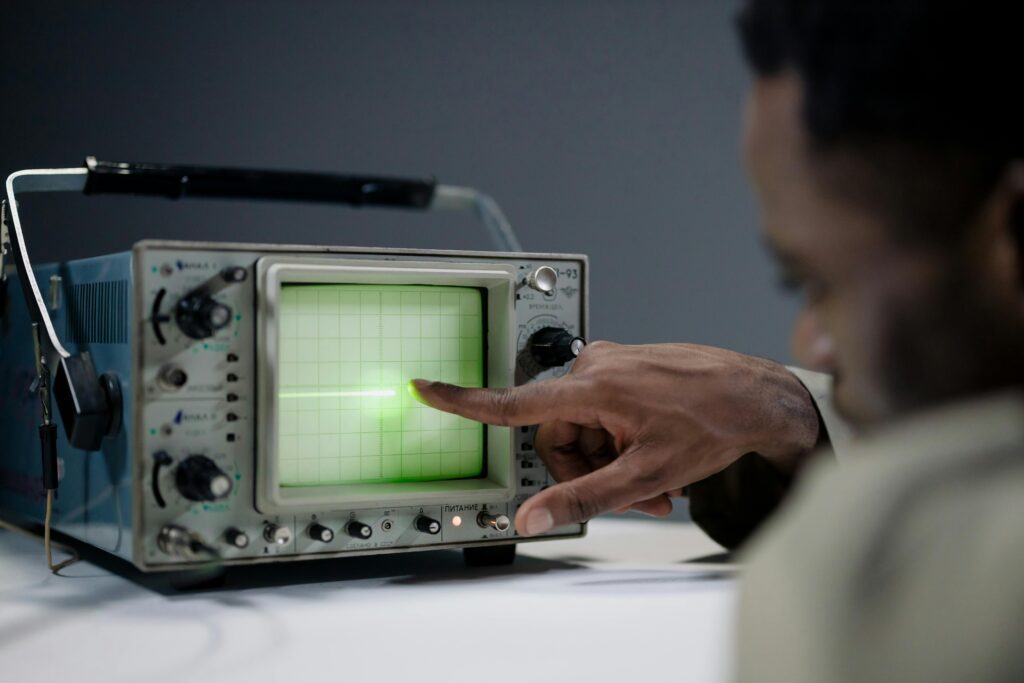Introduction
In today’s rapidly evolving world, emerging healthcare technologies are revolutionizing the way we approach medical care, ushering in a new era of innovation and possibilities. From artificial intelligence to telemedicine, these advancements are not only shaping the future of healthcare but also impacting the automotive industry in profound ways. In this comprehensive guide, we’ll explore the top 10 emerging healthcare technologies and their transformative potential in shaping the future of car.
Artificial Intelligence in Diagnostics
Artificial intelligence (AI) is revolutionizing diagnostics by enabling more accurate and efficient identification of diseases and conditions. Through machine learning algorithms, AI can analyze vast amounts of medical data to identify patterns and make predictions with unprecedented accuracy.
Machine Learning Algorithms
Machine learning algorithms are at the heart of AI-powered diagnostics, allowing computers to learn from data and improve their performance over time. These algorithms can analyze medical images, such as X-rays and MRIs, to detect abnormalities and assist healthcare providers in making faster and more accurate diagnoses.

Predictive Analytics
Predictive analytics leverage AI to forecast patient outcomes and identify individuals at risk of developing certain conditions. By analyzing patient data and health trends, predictive analytics can help healthcare providers intervene early and prevent serious health complications.
Telemedicine and Remote Patient Monitoring
Telemedicine has emerged as a game-changer in healthcare delivery, allowing patients to access medical care remotely through video consultations and digital communication platforms. Coupled with remote patient monitoring technologies, telemedicine enables continuous healthcare monitoring outside traditional clinical settings.
Virtual Consultations
Virtual consultations enable patients to connect with healthcare providers from the comfort of their homes, eliminating the need for travel and reducing waiting times. This not only improves access to care but also enhances patient convenience and satisfaction.
Wearable Devices
Wearable devices, such as smartwatches and fitness trackers, are revolutionizing remote patient monitoring by collecting real-time health data and transmitting it to healthcare providers. These devices enable early detection of health issues and facilitate proactive interventions, ultimately improving patient outcomes.
Blockchain in Healthcare
Blockchain technology is transforming healthcare by enhancing data security, interoperability, and transparency. By creating decentralized and tamper-proof digital ledgers, blockchain ensures the integrity and confidentiality of medical records while streamlining data sharing among healthcare stakeholders.
Data Security and Privacy
Blockchain’s cryptographic algorithms ensure the security and privacy of patient data, protecting sensitive information from unauthorized access and cyber threats. This enhances patient trust and confidence in healthcare systems while mitigating the risk of data breaches.
Interoperability and Data Sharing
Blockchain enables seamless interoperability and data sharing across disparate healthcare systems and organizations, facilitating efficient exchange of medical information while maintaining data integrity and consistency.
Robot-Assisted Surgery
Robot-assisted surgery combines robotics with advanced imaging and surgical techniques to enhance precision, dexterity, and control during surgical procedures. By allowing surgeons to perform complex operations with greater accuracy and efficiency, robot-assisted surgery improves patient outcomes and reduces recovery times.

Enhanced Precision and Control
Robotic systems provide surgeons with enhanced precision and control, enabling them to perform intricate procedures with greater accuracy and minimal invasiveness. This results in reduced trauma to surrounding tissues and faster recovery for patients.
Minimally Invasive Procedures
Robot-assisted surgery enables minimally invasive procedures, which involve smaller incisions, less blood loss, and shorter hospital stays compared to traditional open surgery. This not only reduces the risk of complications but also enhances patient comfort and satisfaction.
3D Printing in Healthcare
3D printing technology is revolutionizing healthcare by enabling the fabrication of patient-specific medical devices, implants, and tissues. From prosthetics to organ scaffolds, 3D printing offers customized solutions that improve patient outcomes and quality of life.
Patient-Specific Implants
3D printing allows for the creation of patient-specific implants tailored to individual anatomy, resulting in better fit, function, and compatibility. This personalized approach reduces the risk of implant rejection and enhances long-term patient satisfaction.
Bioprinting
Bioprinting holds the potential to revolutionize organ transplantation by enabling the fabrication of complex tissues and organs using bioink composed of living cells. This technology could alleviate the shortage of donor organs and improve transplant outcomes for patients worldwide.
Internet of Medical Things (IoMT)
The Internet of Medical Things (IoMT) refers to interconnected medical devices and systems that collect, transmit, and analyze health data in real time. By harnessing the power of IoMT, healthcare providers can deliver more personalized and proactive care to patients.
Connected Medical Devices
Connected medical devices, such as smart sensors and monitoring equipment, enable real-time data collection and analysis, allowing healthcare providers to monitor patient health remotely and intervene promptly when necessary.
Predictive Maintenance
IoMT facilitates predictive maintenance of medical devices by monitoring performance metrics and detecting potential issues before they escalate. This proactive approach minimizes downtime and ensures the reliability and availability of critical healthcare infrastructure.
Augmented Reality in Healthcare Training
Augmented reality (AR) is revolutionizing healthcare training by providing immersive and interactive learning experiences for medical professionals. By overlaying digital information onto the real world, AR enables hands-on training in simulated environments, improving clinical skills and decision-making abilities.

Surgical Simulation
AR-based surgical simulation allows trainee surgeons to practice procedures in a realistic virtual environment, honing their skills and reducing the learning curve associated with traditional training methods. This enhances surgical proficiency and patient safety while minimizing the risk of errors.
Medical Education
AR enhances medical education by providing students with interactive anatomy lessons, virtual patient simulations, and collaborative learning experiences. This innovative approach to education fosters engagement, retention, and knowledge transfer, ultimately producing better-prepared healthcare professionals.
Precision Medicine and Genomics
Precision medicine leverages advances in genomics, molecular biology, and data science to deliver personalized healthcare tailored to individual genetic profiles and lifestyle factors. By identifying unique biomarkers and treatment targets, precision medicine improves treatment efficacy and patient outcomes.
Genomic Sequencing
Genomic sequencing technologies enable comprehensive analysis of an individual’s genetic makeup, identifying genetic variants associated with disease risk, drug response, and treatment outcomes. This information empowers healthcare providers to deliver targeted therapies that maximize efficacy and minimize adverse effects.
Targeted Therapies
Precision medicine encompasses targeted therapies that specifically target disease-causing molecules or pathways, improving treatment precision and minimizing collateral damage to healthy tissues. These therapies offer new hope for patients with complex or refractory conditions, providing personalized treatment options based on molecular insights.

Conclusion
Emerging healthcare technologies are reshaping the future of car, offering unprecedented opportunities to improve patient care, enhance clinical outcomes, and drive innovation in the automotive industry. From AI-powered diagnostics to precision medicine, these advancements hold the key to a healthier, more connected, and sustainable future for all.



